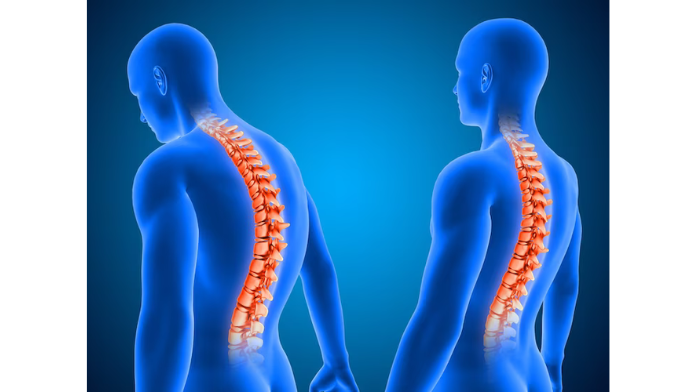Back in the mid-1980s, a peculiar medical treatment that was discontinued may have links to some exceptionally rare cases of Alzheimer’s, according to researchers at University College London. The treatment in question involved injections of human growth hormone derived from deceased donors. While there is no suggestion that Alzheimer’s is contagious in daily life, the study suggests that it might be inadvertently transmitted through specific medical procedures.
The research focuses on five cases where individuals were treated with cadaver-derived human growth hormone (c-hGH) as children. The c-hGH was contaminated with brain proteins associated with Alzheimer’s disease. This treatment was administered to at least 1,848 people in the UK between 1959 and 1985. It was halted when experts discovered that certain batches were tainted with a different type of infectious protein causing Creutzfeldt-Jakob disease (CJD), a rare and fatal brain condition.
The recent findings, published in Nature Medicine, propose that Alzheimer ‘s-related amyloid protein could be accidentally spread during medical and surgical procedures, similar to the transmission of CJD. However, the circumstances are highly unusual, and there have been no reported cases of Alzheimer’s acquired through other medical or surgical means.
Lead author Prof John Collinge clarifies that there is no indication that Alzheimer’s can be transmitted in day-to-day life or routine medical care. The patients studied received a specific and discontinued treatment involving material later found to be contaminated with disease-related proteins.
Dr Richard Oakley from Alzheimer’s Society emphasizes that there is no cause for concern for the general population’s health. Prof Bart De Strooper from the UK Dementia Research Institute at UCL adds that individuals should not reconsider or forego essential medical procedures like blood transfusions or neurosurgery, which save many lives worldwide every year.
The Nature Medicine study explores eight individuals treated with c-hGH during childhood, with five showing dementia symptoms or meeting Alzheimer’s diagnostic criteria. Their relatively young age at the onset of symptoms suggests an unusual form of Alzheimer’s not typically associated with old age. While the findings raise interesting possibilities, there is no ongoing risk as c-hGH treatment is no longer used.



